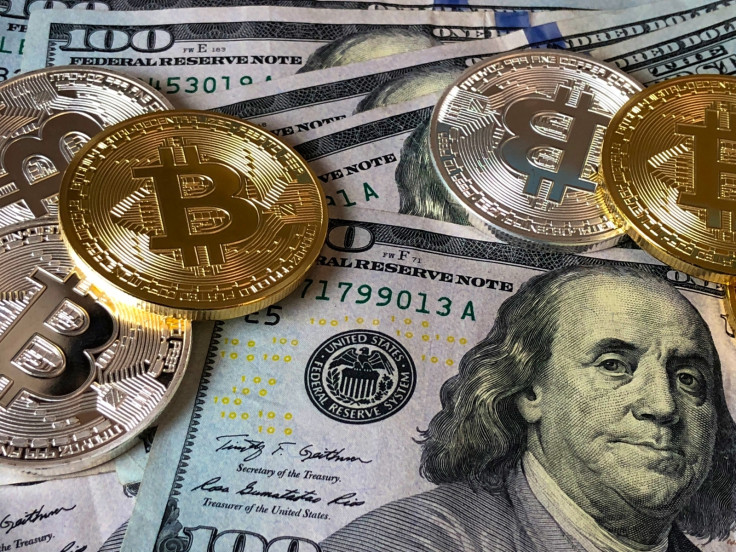The year cryptocurrencies became mainstream
Iqbal Gandham, UK Managing Director at eToro, looks at the rise of crypto and suggests diversification for coming year.

Cryptocurrencies have defied market expectations in 2017, increasing dramatically in value, and edging closer to becoming an acknowledged part of the global financial system.
The numbers alone speak for themselves. Digital currencies only began to be traded in 2010, when a Bitcoin could be purchased for a few pence.
Following its 12-fold increase in market cap last year, all of the world's Bitcoin is now worth more than companies like Citigroup and General Electric. Demonstrating its global impact, Google searches for "buy Bitcoin" recently surpassed that of "buy gold". Perhaps unsurprisingly, the most active day of trading on the eToro platform came the day after the price of Bitcoin surged past the $2,000 barrier for the first time.
But while cryptocurrencies have become increasingly popular, Bitcoin's price rally last year means that they have also received increasing criticism, with concerns that price hikes have little grounding and that the sharp rise in value indicates a bubble.
These concerns are based on a fundamental misunderstanding of cryptocurrencies - and fail to recognise how this type of hockey stick growth is not uncommon for a new concept with potential.
Take a business like Facebook, which, in the first few years of its life, experienced a dramatic rise in valuation not dissimilar to what we're seeing with Bitcoin. The key difference is that the Bitcoin price is visible in real time. Moreover, while it was only VCs and angel investors who could profit from the growth of these successful startups, anyone can capitalise on the early stages of crypto growth.

We expect bubble concerns to continue for some in 2018. In our view, a bubble is only present if an asset's price is not grounded in reality. Just as an investment in a startup is an investment in the power of the idea behind it, the real long-term value in cryptocurrencies comes back to the power of the technology which sits behind it - the blockchain.
Blockchain transforms the way we are able to share data, enabling transactions to take place directly from person to person, without the need for a middle man. These are immutable transactions, and minimise the risk of someone stealing the data.
An investment in cryptocurrencies represents a belief in the potential of blockchain to remake the way our world works, from how we exchange value, to how businesses agree contracts between each other.
Perhaps it is this recognition that has seen some of the criticism start to abate. JP Morgan Chase, whose own chief executive, Jamie Dimon, famously called Bitcoin a fraud, recently announced it was considering giving their clients access to CME's bitcoin future via their own futures-brokerage unit. Earlier this week, Dimon has said he regrets making that comment. As Bitcoin shrugged off turbulence from fear of regulation to splits in the blockchain, more regulated exchanges are beginning to trade the asset.
Looking ahead to 2018, we expect a waterfall effect to take place. Building on the steps already taken this year, it is likely that more established organisations will recognise that digital assets can play a major role in everyday life. As a result of more retailers, governments, and financial institutions embracing these assets, we could see investor confidence in the asset class grow.
As the cryptocurrency market matures, in 2018 we expect investors to consider additional cryptocurrencies as part of their portfolios. We believe that diversification, as with all investments, is key to mitigating risk. Bitcoin may not be the only star of the show next year as other cryptocurrencies such as Ethereum, Litecoin, XRP and Dash become an integral part of their portfolios.





